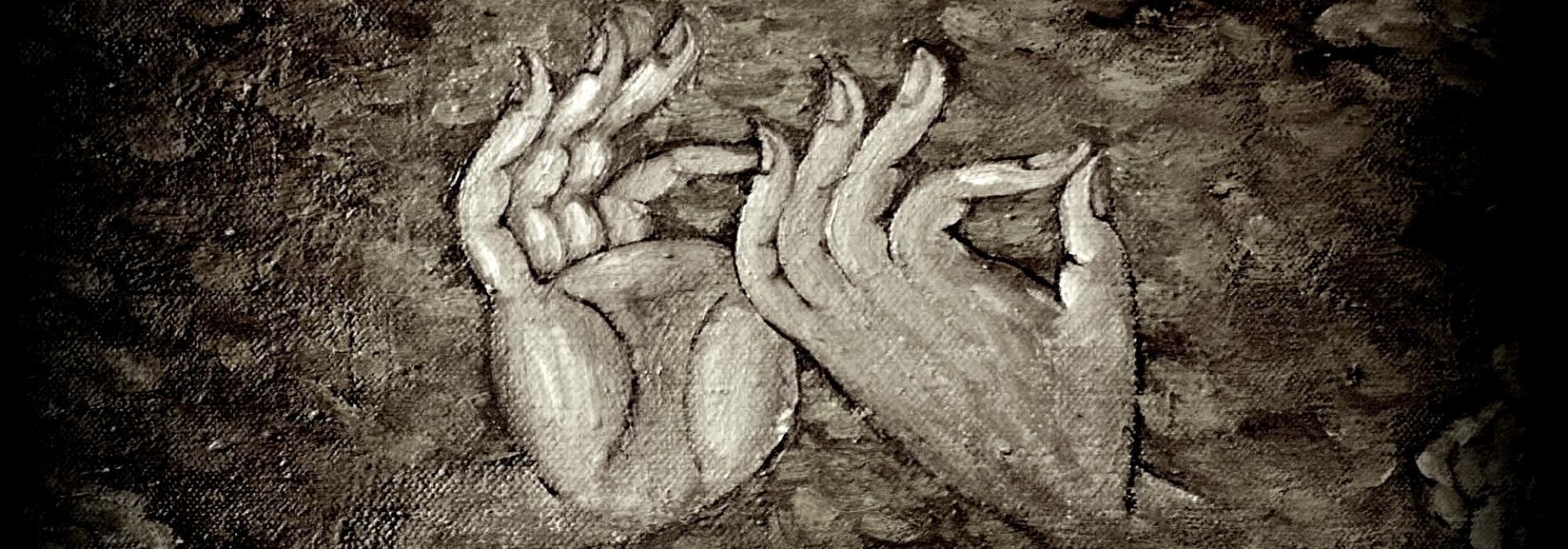13
Dharma (Global Ethic or Righteousness) is the conduct of earning all that is good. Good means "सत्". The supreme among all the good things attained by human perception is the Atman. God is the Supreme "सत्" meaning “eternal.” God is auspicious or good. Therefore the conduct keeping in mind God is the righteousness or "Dharma".
Just as the word ऋत (Rta), the term धर्म (Dharma) also has three or four connotations associated to its meaning:
- Virtue of the soul: The primary reason the object has derived value or strength in the world is its धर्म. For the warrior, the value of the sword is in its sharpness but not in the ornamentation of its grip or handle. For the musician the value of the instrument is from the music that is produced from the strings but not the beauty or decoration of the instrument. Is it not the same case with humans as well? Dharma in the individual lies in manifesting and developing the talent or energy for the betterment of the world. A student has to become a good student. A soldier has to become capable of performing his duties to his best. Rail lines should have the strength to bear the weight of the train. The strings of an instrument should be capable of producing high quality sound. Thus, the beneficial feature of every object has to be abundant in each of these and every other relevant instance. Such a prevalence of every soul is dharma. That is one’s own duty. This freedom and opportunity in a person to energize the internal radiance and strength to align to his nature without external hindrances has its moral root in धर्म.
- Respect for another's Virtue: In our pursuit towards expanding an individual’s virtue it is our duty to conduct ourselves in a manner to not harm another individual. Along with our earnestness to perform our duty we need to respect the others’ as well. Our personality should rather allow inclusive growth along with other individual rather than belittling them. In a concert the sound of the percussion should not overshadow the music of the violin, and each accompanist needs to complement the other thereby enhancing the overall performance. In human transactions this would be the ideally accepted and observed principle. This is the core of धर्म (righteousness). In our colloquial use of language, law, order, moral, duty and principle are all used interchangeably. It is appropriate. So the growth of individual virtue should help the overall development of the personality and then it will be deemed appropriate. If the development of virtue is one form of धर्म then its quest and study is also the other form of it. Justice is another dimension of धर्म as is freedom.
- In both of the aforementioned aspects, it has recognized that all living beings are multifaceted or multidimensional. Behind the multidimensional aspect there is a unified principle just as a necklace made of gems is held together by single thread. Behaviour which recognizes this unifying principle is धर्म. The universe belongs to the supreme (God or Divine being). That divinity is present in all the living things. That omnipresence of divinity has to be brought into experience by practice and that pedagogy of learning is also part of धर्म. Thus controlling the senses, detachment, meditation and devotion are all the primary vehicles of attaining Brahman (Bliss).
- Expanding the field of individual Karma and merging it with the Universal--that is, eroding selfishness and striving for universal betterment, and related deeds which help us in this process are also part of धर्म. As the human being takes pride in sensory affiliations, it has to gradually free itself from such pride and work towards realizing universal belongingness. To this end, philanthropy, empathy and compassion are all primary tools. The opportunities for this development will come from the various touch points in the world such as home, family, dynasty, state, society, friendly gatherings. All these social institutions help in the practice of unselfishness and universal belongingness and thereby become institutions of धर्म. Thus creating the order for universal living, and nurturing universal living in all individuals will become धर्म.
When there is competition between what we like or aspire and what is appropriate or right for us, competition between the short term pleasures and long term happiness, competition between the good of a small group and the benefit of the larger society, competition between the physical pleasures and good of the family, our thoughts and deeds about the higher aspects through which we move towards the right or appropriate choice, will become धर्म to us.
The one which has the ability to “wear” life is धर्म. “Wear” here means to carry and protect.
That power of protection is the principle of Sat (Good) or Parabrahman (Ultimate Reality). Therefore taking such a principle as the basis and conducting oneself for the
attainment of that Sat is धर्म.
In this manner, Atma, Rta, Satya, Dharma, principle, justice, law, vow, are all complementary feelings.
14
Summary
We can summarize the foregoing discussion as follows:
The truths found inside our mind which is ऋत when it becomes transactional as speech lead to the following:
- The suspicion which we have regarding the purity and totality of the truth; suspicion that our internal perceptions and misconceptions may drive us to subconsciously err in our actions.
- Linguistic shortcoming—This could be the lacuna of the dictionary or incompleteness in our wisdom and knowledge.
- Fear that our words may cause harm to others.
- Suspicion that our words may hurt others; pain is disliked by everyone. (All pain is not meant to cause harm; the punishment given by a teacher or the surgery performed by a surgeon may cause pain but the end result is good. All that we like need not necessarily be good for us; children may like junk food but it is not healthy)
The useful knack of getting universal consent for a greater vision; when the words we speak carry greater depth, they may not be comprehended by common people. Or the rigour that it demands from people may be of a higher order than what they’re used to, and may not be attainable by them. In such circumstances, if we convey the principle gradually, it may be comprehended by such people. The teacher in a school does not deliver the entire lesson at a stretch; he does it step by step in an orderly fashion. Thus for the benefit of educating the public about the truth, one needs to judiciously handle it.
Thus in the transformation of ऋत (Cosmic order) into सत्य (Truth) and then to धर्म, it gets influenced by these fears or suspicions.
To be concluded in the next episode.
This is an English translation of a Kannada monograph by D. V. Gundappa titled ‘ಋತ, ಸತ್ಯ, ಧರ್ಮ.’










































